Ending dependency
Zhou, from the 360 Security Group, said OpenAI's move to restrict access to its API services in China will force domestic developers and AI companies to choose local AI model builders who have been vying for a bigger slice of the market. He added that the gap between domestic LLMs and ChatGPT has gradually narrowed.
Wu Hequan, an academician of the Chinese Academy of Engineering, said that the number of large models in China ranks high globally, and there isn't a "significant difference" in the performance between these large models and their foreign counterparts.
"While OpenAI's large models are no longer available in China, many Chinese large models are open-source and their prices have dropped considerably to be attractive to users," he said.
In addition, many Chinese companies enable developers to migrate more easily without making any "extra" modifications.
AI startup MiniMax, for instance, launched what it called a "zero-cost nanny-style" migration solution, where users can migrate through just one click and free use of its MOE architecture large model.
Many of the LLMs developed by Chinese companies have been able to rival GPT-4, said Liu Qingfeng, chairman of Chinese AI company iFlytek, while emphasizing the significance of building LLMs that are independently developed and controlled by China.
Only an independent and prosperous ecosystem can ensure a bright future for China's AI industry, he said. "We should scientifically and rationally understand the overall gap between China and the U.S. in large models while having the confidence to catch up quickly," Liu said.
The company recently unveiled its latest LLM Spark-Desk V4.0, which outperforms GPT-4 Turbo in the fields of text generation, language understanding, knowledge questioning and answering, logical reasoning, and mathematics, Liu said.
Zhang Xiaorong, head of the research institute at manufacturing company Deep Innovation based in Shenzhen, Guangdong province, said OpenAI's ban will have an impact on some local enterprises and developers that rely on its technology as they will have to make adjustments and switch to domestic AI platforms.
However, the ban will also drive Chinese companies to take their own LLM development path, step up innovation, and contribute to the growth of the domestic AI sector, Zhang said.
"Domestic AI companies should increase capital input in research and development, optimize algorithms, and improve data-processing capabilities, as well as strengthen cooperation with research institutions to catch up with their U.S. rivals," he added.
Liu Xingliang, director of the research institute of consultancy Data Center of China Internet, said while the ban may have a short-term impact on some Chinese companies, it also provides an opportunity for domestic LLM companies to test themselves. "It is expected to propel domestic enterprises to increase their investment in independent R&D, and promote independent innovation and development of AI technology in China," he said.
Amid rising geopolitical tensions and the United States' attempts to suppress China's chip and other high-tech areas, Liu said more Chinese companies will choose domestic large models to avoid potential disruption and risks.
He expects the government to introduce more policy incentives to support the development and promotion of domestic large models, and encourage LLM startups to independently advance their own core technologies.
Guo Tao, deputy head of the China Electronic Commerce Expert Service Center and an expert on the AI sector, said the ban will drive technological advances in homegrown LLMs and enhance Chinese companies' global competitiveness.
"In the long run, the move might be conducive to creating a more diverse and balanced global AI ecosystem," Guo added.












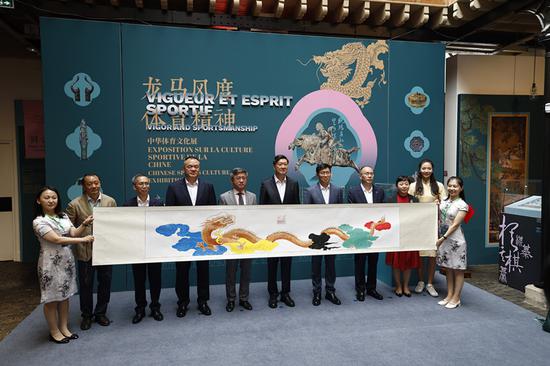















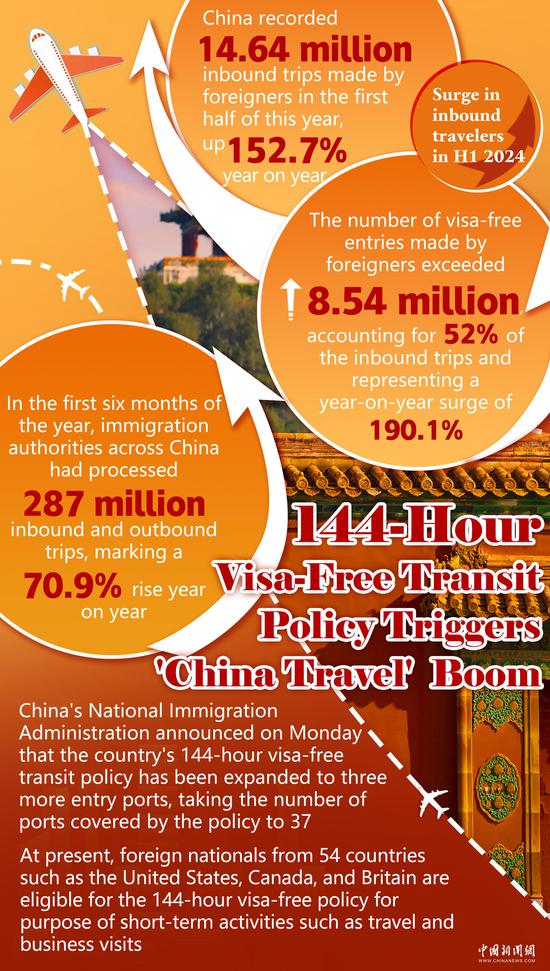



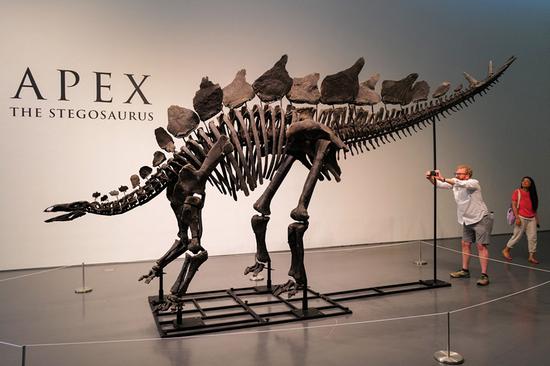
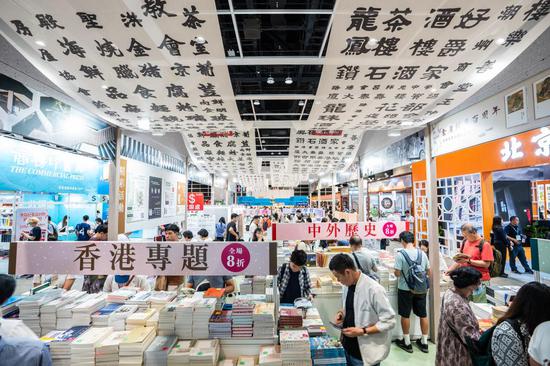









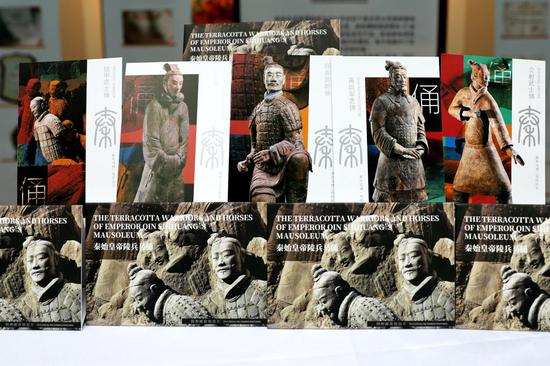






 京公网安备 11010202009201号
京公网安备 11010202009201号